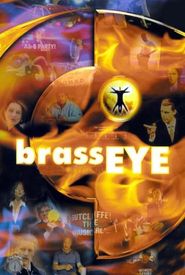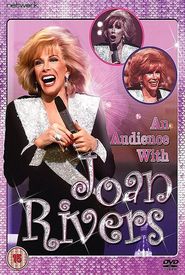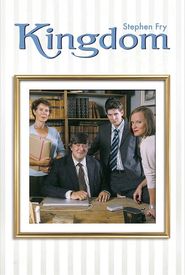London-born pianist Lynsey de Paul, trained in classical music, initially pursued a career in album sleeve design as a means to supplement her income. This creative endeavor sparked her interest in songwriting, and she began penning tunes that would eventually be recorded by other artists in 1971.
The following year, Lynsey co-wrote her first hit single, "Storm in a Teacup," for The Fortunes, marking the beginning of her journey as a performer. Her breakthrough as a singer-songwriter came with the hit single "Sugar Me" in 1972.
Lynsey's success as a singer-songwriter was cemented with a string of hit singles and four albums, including representing the United Kingdom in the 1977 Eurovision Song Contest with the song "Rock Bottom," which secured a second-place finish. Her talent earned her two Ivor Novello awards, making her the first woman to achieve this feat in 1973 for "Won't Somebody Dance With Me" and again in 1974 for the TV theme "No Honestly."
Throughout the 1970s and 1980s, Lynsey continued to write hits for other artists, solidifying her reputation as a prolific songwriter. Her versatility led her to appear on various UK TV shows, showcasing her multifaceted talents.
As a natural progression, Lynsey turned to acting, taking to the stage in the thriller "Shriek" and the musical "Pump Boys and Dinettes." She also appeared in the film "Gabrielle and the Doodleman" (1984) and the TV drama "The Starlight Ballroom" (1983).
In the 1990s, Lynsey released a self-defense video for women, titled "Taking Control" (1992). Her advocacy for animal rights and her support for Margaret Thatcher's Conservative Party are also notable aspects of her career.
One notable example of her political involvement is the song "Vote Tory, Tory, Tory for election glory," which she performed at the 1983 Conservative Party conference.





















